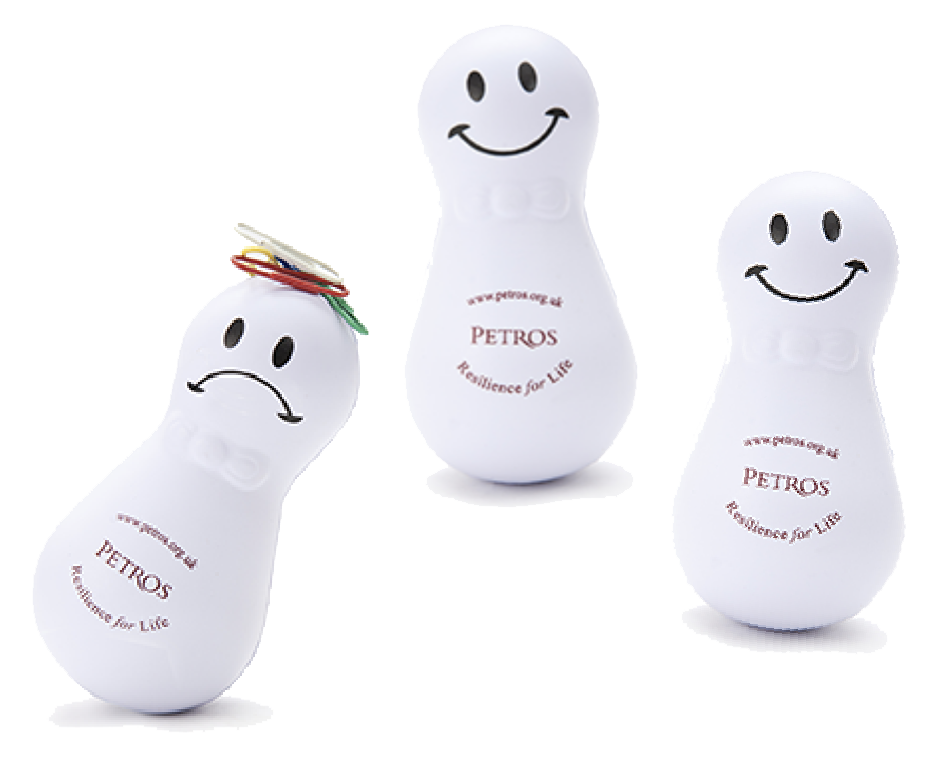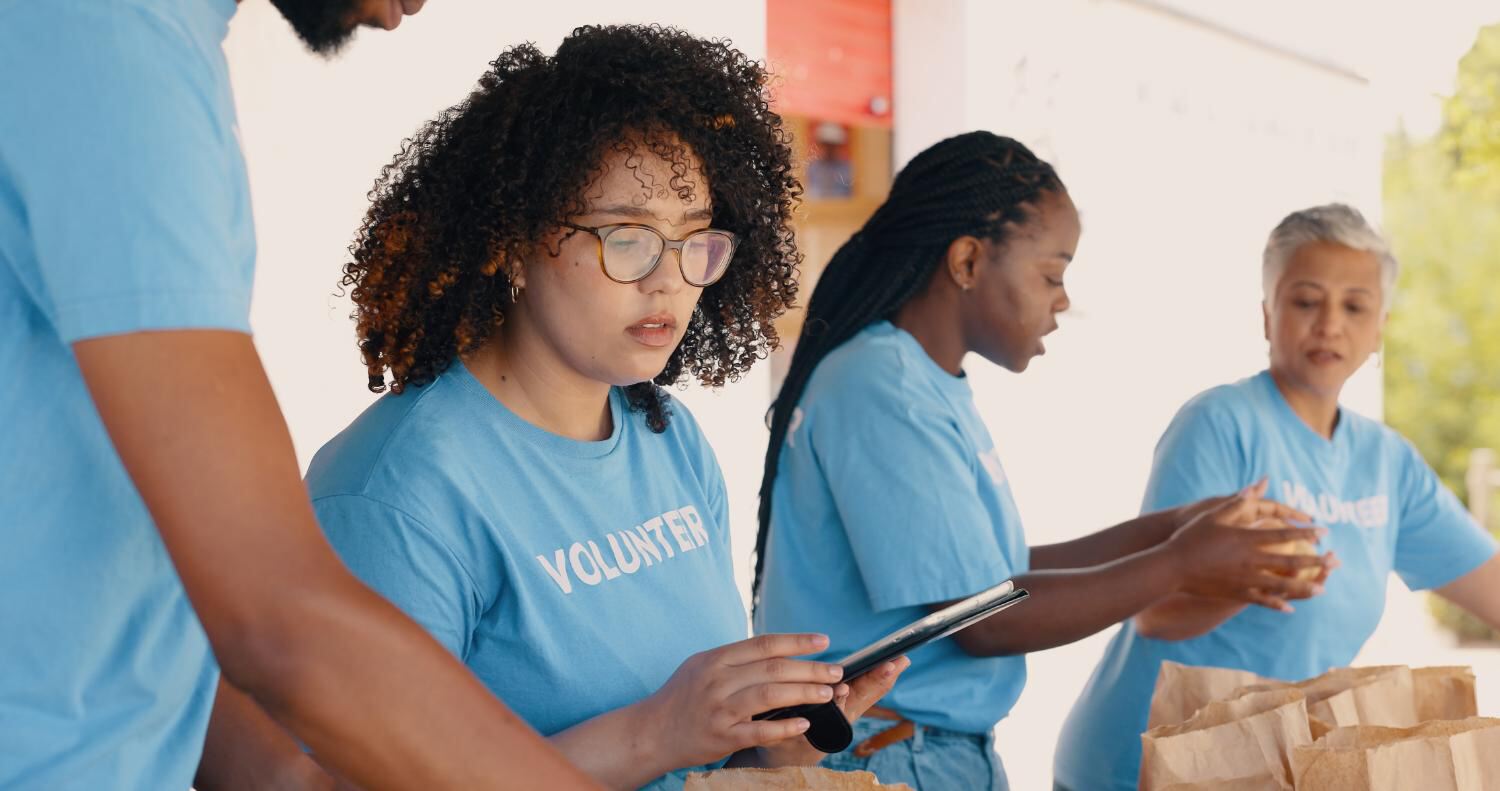Volunteers Need Support, Not Assumptions
Isabelle outlines that while volunteers bring commitment, insight and local knowledge, they are often under-supported. Safeguarding systems need to adapt to their specific needs and working patterns.
She recommends organisations prioritise three core principles:
● Supported – through line management, supervision, and access to the same systems as staff
● Informed – with role clarity, reporting procedures, and legal expectations
● Respected – by recognising life experience and avoiding assumptions about capability
“Volunteers should never be expected to work alongside someone who ‘knows all the rules’ without also being given that knowledge themselves.”
She also highlights the importance of role descriptors, debrief spaces, and inclusion in digital systems to ensure integration, not isolation.
________________________________________
________________________________________
Boundaries Are Essential in Faith-Based Volunteer Work
In faith communities, personal and professional roles often overlap. Isabelle stresses that this can create risks when boundaries are unclear. Familiarity with families, longstanding roles, or spiritual authority can unintentionally blur safeguarding protocols.
“Safeguarding always comes before protecting the institution.”
Volunteers must be screened, trained and supported with scenario-based tools. Even common practices like pastoral visits or spiritual guidance need safeguarding awareness. Faith settings should explicitly teach about power dynamics, confidentiality and spiritual sensitivity, and not assume theology replaces due diligence.
Training and Emotional Resilience Go Hand in Hand
Training must be relevant and inclusive, from basic safeguarding awareness to modules in confidentiality, emotional boundaries and digital safety. Isabelle also outlines a growing need to prepare volunteers for emotional impact.
She encourages organisations to consider:
● Training in secondary trauma and distress management
● Mental health first aid and emotional resilience tools
● Mentoring or reflective support spaces for decompression
Volunteer safeguarding is strongest when development is continuous and adapted to individual contexts and lived experiences.
________________________________________
________________________________________
What You Will Learn in the Full Episode
● How to create role clarity, accountability and support for volunteers in safeguarding
● How to navigate personal and pastoral boundaries in faith-based contexts
● What training and wellbeing strategies enable long-term volunteer engagement
Listen to Episode 9 (Part 1) of Faithful Safeguarding with Isabelle King wherever you get your podcasts. Or, if you prefer to read, explore the condensed interview version in our magazine series.
Check back soon for Part 2 of the interview.




